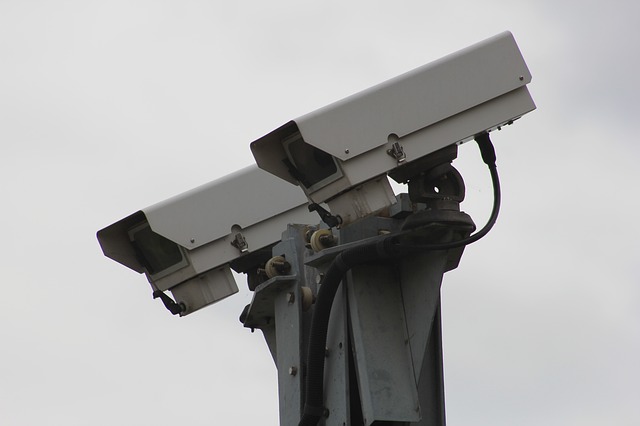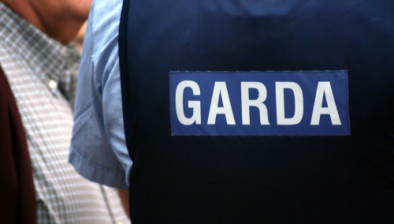Use of facial recognition cameras at new children’s hospital hospital ‘likely unlawful’

The prospective use of CCTV cameras with facial recognition technology at the new children’s hospital in Dublin is “likely unlawful”, the Irish Council for Civil Liberties (ICCL) has said.
The contractor responsible for security systems at the hospital has purchased surveillance cameras from Hikvision, some of which have advanced facial recognition technology, according to a recent report from video surveillance news website IPVM.
Chinese-owned Hikvision has been embroiled in scandals over its human rights record, including the use of its cameras in the massive Xinjiang facilities which China calls vocational education and training centres and which rights groups call re-education camps.
Elizabeth Farries, privacy rights expert at ICCL, said: “The new children’s hospital contracting face surveillance technology for children accessing medical care would be incredibly invasive. Children are afforded enhanced personal data protections under the law.
“Deploying this tech in this manner would run afoul of those protections. It’s expensive, inaccurate, discriminatory, and in this situation, likely unlawful.”
The civil liberties group said the controversy over the technology reflects a growing move towards the use of facial recognition tech without a clear basis in law and without adequate tests showing that it is necessary.
Ms Farries said: “To protect everyone’s rights, including children’s, the state should not install these face surveillance systems in hospitals in the first instance, and certainly not in cooperation with private surveillance companies with controversial rights track records.
“A data protection impact assessment would demonstrate the risks. Has the new children’s hospital conducted one?”
In a statement, the National Paediatric Hospital Development Board said: “Less than three per cent of the cameras procured have the potential for high definition facial recognition capabilities. These cameras have many capabilities, and can also be used in the same way as the remaining 97 per cent of the cameras, which do not have facial recognition capabilities.
“It has not yet been decided which aspect of the security systems’ capabilities will be used. This decision will be taken nearer the opening of the hospital by Children’s Health Ireland and will be fully in line with Irish and European data protection and privacy legislation and guidelines, to ensure that the occupants of the hospital have the appropriate protections and security afforded to them, in line with their privacy rights.”









